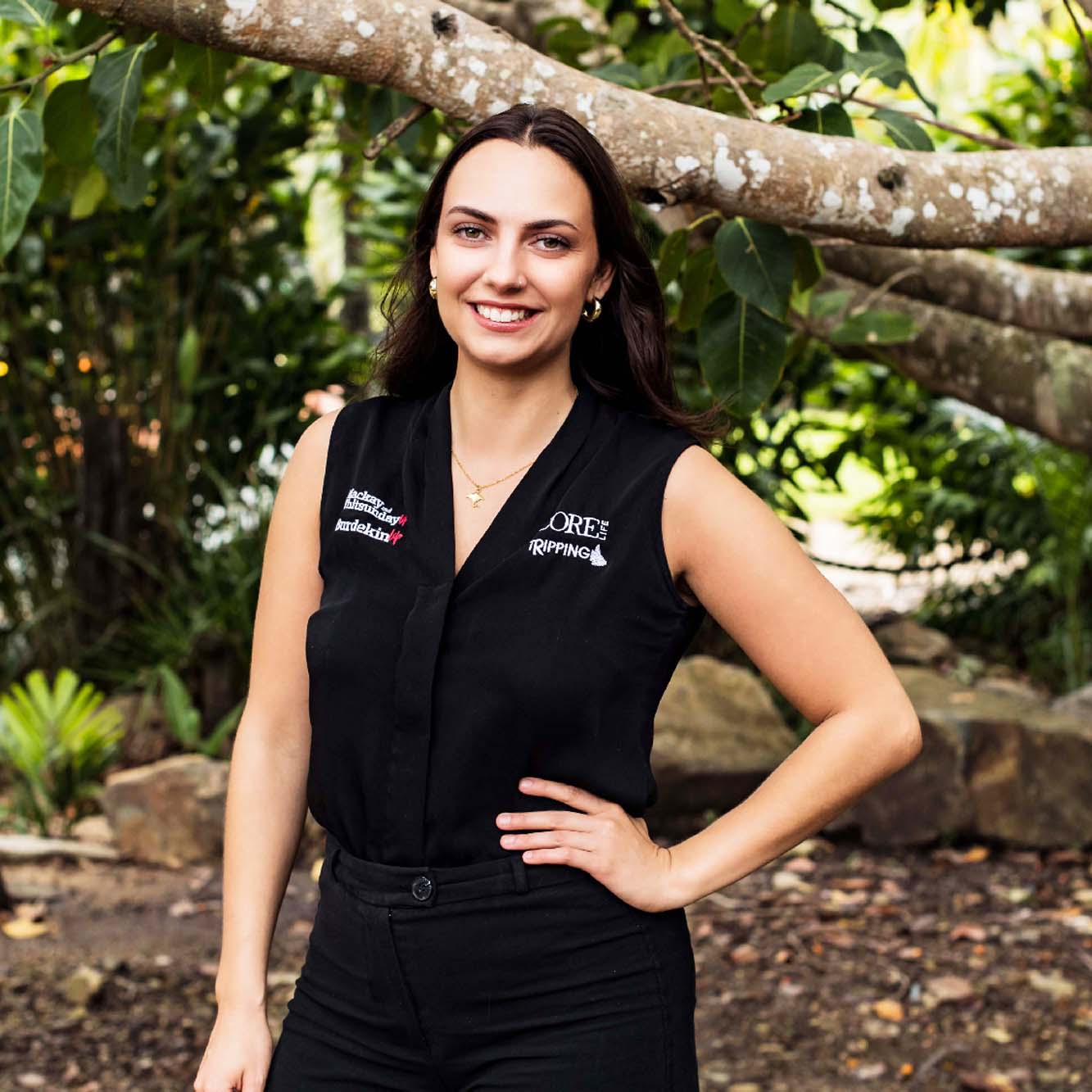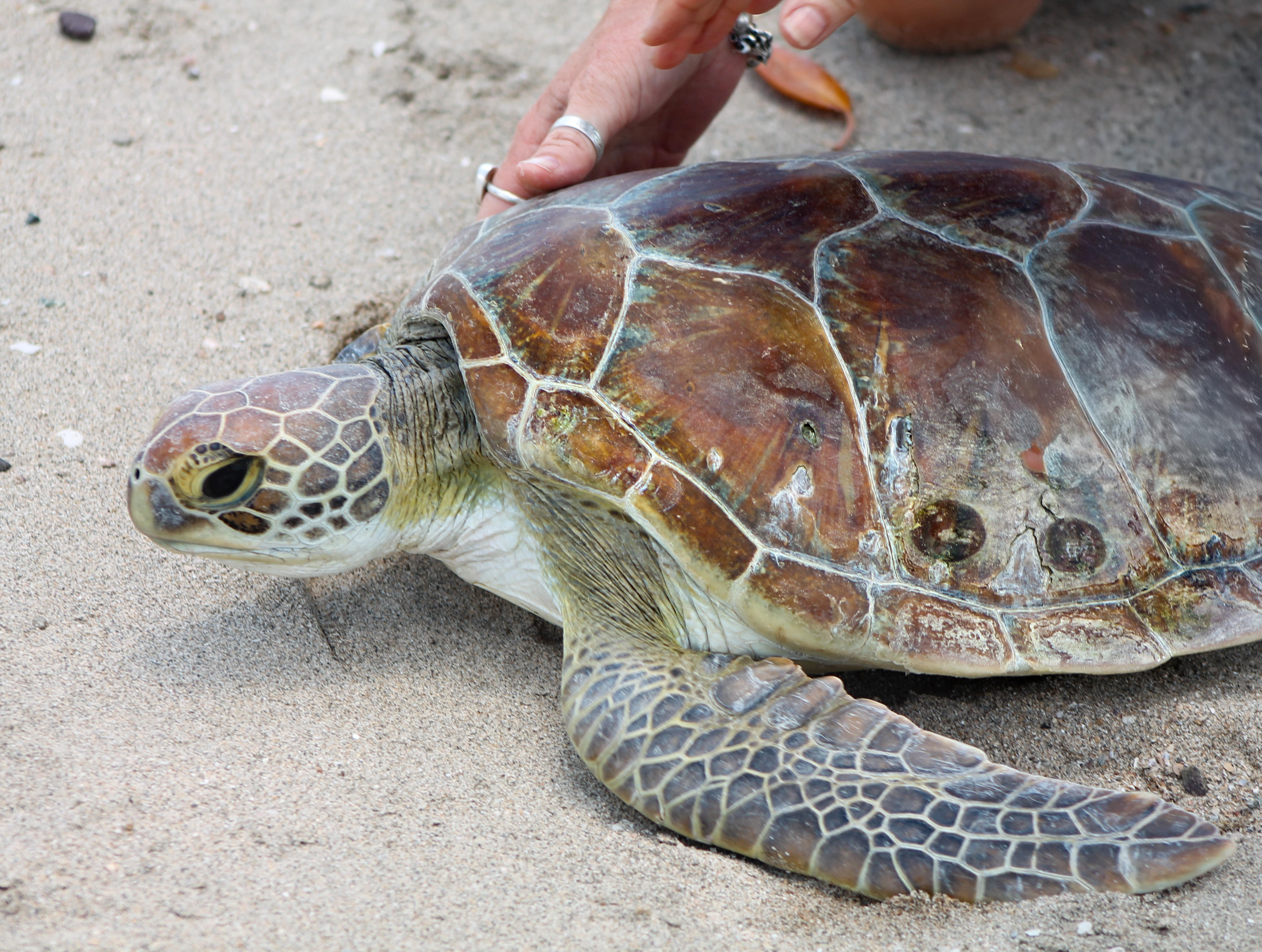

By Ruth Puddefoot
Visitors and locals in the Whitsundays are reminded to stay alert when encountering marine turtles, and to know the proper steps to help if a turtle appears sick, injured, or stranded. Acting quickly and correctly can make a life-or-death difference for these vulnerable animals.
If you come across a turtle in distress, call the Marine Animal Stranding Hotline on 1300 130 372. This line connects directly to wildlife authorities and the Whitsunday Turtle Rescue Centre, who can assess the turtle’s condition and dispatch help if needed. Reporting a sick, injured, or stranded marine animal immediately is essential.
Follow the instructions given by rescue staff carefully. They may ask you to monitor the turtle from a safe distance, assist with basic first aid, or help stabilise it while waiting for trained rescuers. If instructed, keep the turtle shaded, cover it with a wet towel if it’s hot, or a dry towel if cool or windy, and avoid pouring water into its nostrils or mouth. Minimise handling to prevent further stress, and never attempt to move or transport the turtle unless explicitly directed by experts.
It’s important to distinguish between a turtle that is basking and one that is in trouble. Basking turtles float calmly at the surface to rest, warm up, digest food, or absorb oxygen. Normal signs include smooth, controlled breathing, even flotation, alert eyes, and calm behaviour.
Turtles in distress may float on one side or backwards, be unable to control buoyancy, appear lethargic, or show obvious injuries such as bleeding, entanglement, or shell damage. Washed-up turtles or those with sunken eyes, excessive barnacles, or discoloured shells also need immediate attention.
Quick action is vital. Even turtles with minor visible injuries may be suffering internal trauma, infections, or shock. Keep noise and disturbance low, secure pets and bystanders, and avoid feeding or handling the turtle unnecessarily.
If in doubt, always call 1300 130 372. Observing quietly, taking photos or short videos, and noting breathing or movement can help rescuers assess the situation remotely. By following these steps, Whitsundays residents and visitors can protect these iconic marine animals and help ensure their survival for generations to come.

